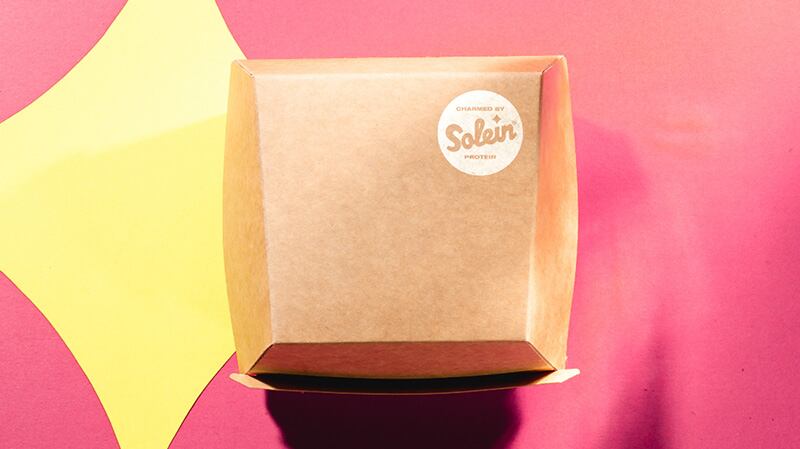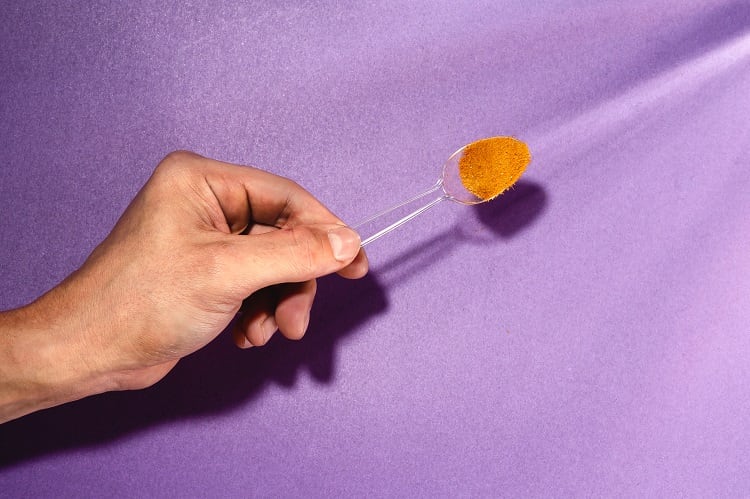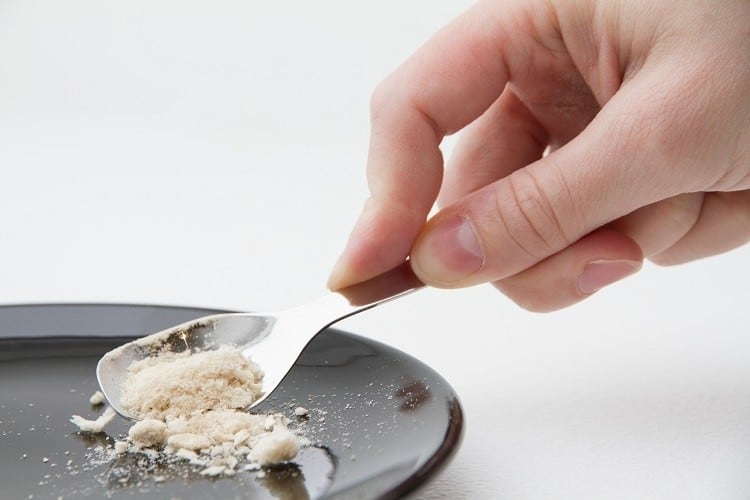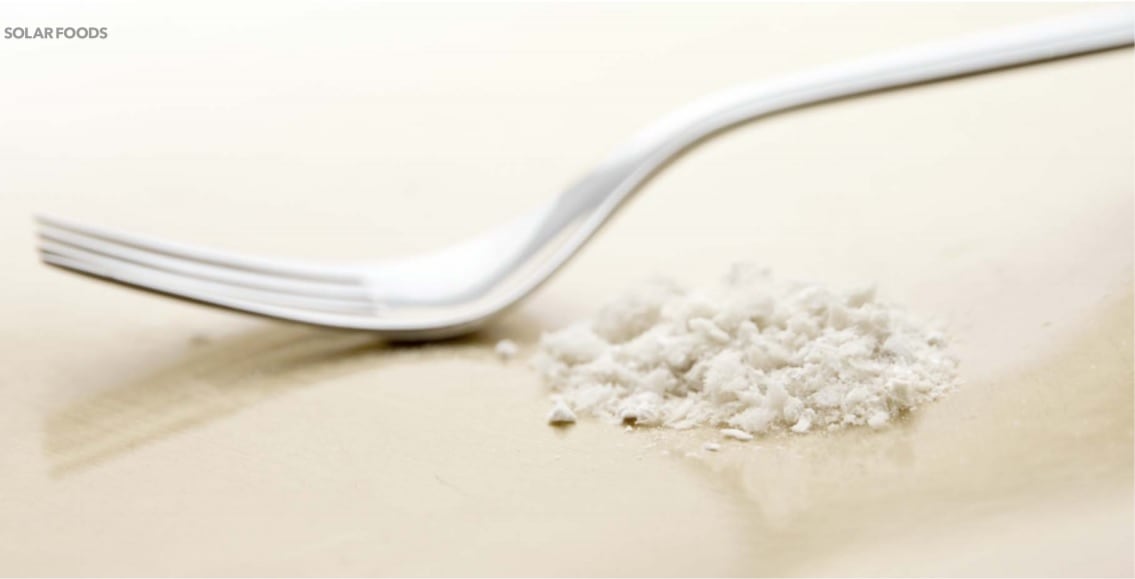Finnish start-up Solar Foods has announced a new investment of €15m, which together with investment secured in late 2019, brings its Series A financing round to a close.
The most recent investment – considered the largest food tech investment round in the country to date – was led by Finnish food manufacturer Fazer Group, with Bridford Investments Limited, Agronomics Limited, Lifeline Ventures and CPT Capital.
It follows on from a €3.5m financing round in September last year again led by Fazer Group, along with three other Finnish investors: Holdiz Oy Ab, Turret Oy Ab, and Lifeline Ventures, and takes the total Series A round to €18.5m.
According to CEO and co-founder of Solar Foods, Pasi Vainnika, this latest investment will be put towards the commercialisation of climate-friendly novel protein Solein.
“We are thrilled of our new partners and their vast experience now at Solar Foods’ disposal. This development now enables us to successfully proceed with our planned production facility.”
A complete protein ‘made from air’
Solar Foods’ complete protein, Solein, is ‘made from air’, according to the start-up. Specifically, the novel ingredient is made from CO₂, air and electricity – meaning production is completely disconnected from agriculture.
As such, the start-up claims Solein is 100 times more climate friendly than any animal or plant-based alternative. In terms of land efficiency, it is 10 times more efficient than soy production, by a metric of usable protein yields per acre.
In an interview with FoodNavigator last year, Vainnika likened Solein’s manufacturing process, for the layman, to wine or beer production. To make wine, grapes provide the sugar and carbon for the fermentation process, before yeast is added to convert the sugars into the final alcohol product.
Instead of yeast, the CEO explained, Solar Foods uses a ‘completely natural’ proprietary organism. And instead of sugars, this bacteria eats CO₂ and hydrogen for its source of carbon and energy.
For the nitrogen element, Vainnika continued, the company uses ammonia in a water solution. “It is produced from nitrogen in the air already by combining with hydrogen. We can make our own ammonia from the air, as we already produce a lot of hydrogen for the microbes.
“We feed the bacteria with the CO₂ and hydrogen bubbles [produced using water electrolysis] and it grows and multiplies.” In the future, the CEO suggested Solar Foods may investigate renewable solar or wind energy, rather than hydropower as its electricity source.

Solar Foods has already developed 20 different kinds of food products that use Solein. ‘Light in taste and appearance’, the complete protein ‘vanishes into daily meals’, while maintaining a ‘rich nutritional value’, said the start-up.
In its dry powdered format, Solein’s nutritional profile could be compared to that of soy, algae, or some animal-based proteins. It contains 50% protein, 5-10% fat, 20-25% carbohydrates, and Vitamin B.
Solar Foods eyes new production plant
When Fazer Group led the €3.5m investment round in September 2019, Solar Foods said the funding would enable it to finish the piloting phase, prepare the required technical pre-engineering for go-to market, increase headcount, and finalise its novel food dossier.
This most recent €15m will enable the go-to-market factory investment, including the ‘ramp-up’ and market launch. The new production plant will be a ‘key milestone’, said the business, which expects the facility to be operational by 2022.
Vainnika told FoodNavigator the company expects to commercialise Solein in Q4 2022, around 30 months on from today. This timeline is set by both regulation and construction of the demo-factory. “Luckily, they seem to be about the same in time span.”
The factory will be located in Finland and, at the start-up phase, production is estimated to be around five million meals per year. Solar Foods has already carried out basic engineering for the site and is now entering the permitting process.
The factory will include a Solein Experience Hub and a ‘future-food bar’ for the public. Here, visitors will experience a ‘new level of transparency in food production’, and learn about the future of food production in an urban environment, noted the firm.
“Producing Solein every day is already a tangible reality. At Solar Foods, we are possibilists who want to encourage and empower all people to be part of the solution: creating a better world through better food choices.
“Our vision is to change the way food is produced, and the demonstrator’s product is aimed to be permitted as a global novel food. The world has hope. Food of the future is not a utopia – it is happening now,” said Vainikka.




